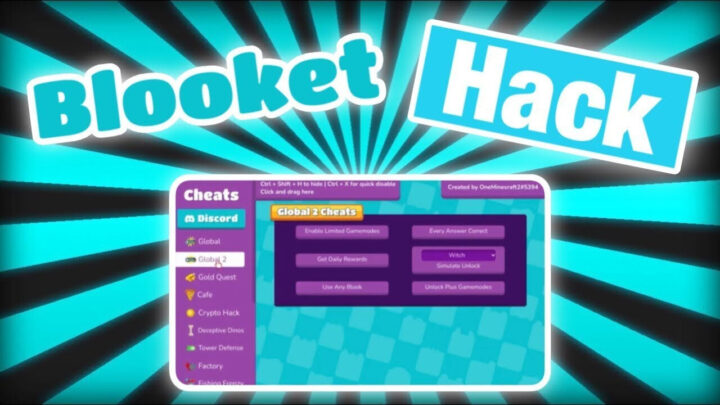Blooket has quickly become one of the most engaging platforms in the world of educational gaming. Teachers appreciate its ability to make quizzes fun, while students love the competitive and interactive gameplay. With its rising popularity, however, many players have turned to Blooket Hacks GitHub in search of shortcuts, scripts, and tricks to gain an edge.
The phrase has become a hot search term because GitHub is a platform where developers and students alike share code, including cheats for games like Blooket. While curiosity is natural, it’s important to recognize that not every script is safe, and not every shortcut is worth the risk. This article takes an honest look at how Blooket hacks on GitHub work, the risks attached, and safe practices for anyone exploring this space.
What is Blooket?
Blooket is a game-based learning platform where teachers create question sets, and students answer them in a competitive environment. It’s like a mix of Kahoot and Quizizz but with more playful themes. Students earn coins, unlock new characters known as Blooks, and enjoy modes that combine trivia with elements of strategy.
This fun approach has made Blooket a favorite in classrooms and even among friends who want to test their knowledge. The platform, however, relies on fair play and balanced mechanics. That is where hacks enter the conversation, as some players want to bypass the effort of playing and go straight to the rewards.
What Are Blooket Hacks on GitHub?
GitHub is an open-source hub where programmers store and share projects. Among these projects, you can often find scripts and repositories claiming to offer Blooket Hacks GitHub. These hacks usually take the form of JavaScript code snippets or browser extensions that players paste into their browser console while playing Blooket.
Commonly circulated hacks include:
- Auto-answer scripts that solve questions instantly.
- Unlimited tokens or coins for the in-game shop.
- Unlocking all Blooks, even rare ones.
- Game mode cheats like faster fishing, gold multipliers, or boosted tower defense.
While these sound tempting, they are not officially supported by Blooket. Many are experimental or uploaded by anonymous users without any guarantee of safety.
Why Do Players Turn to Blooket Hacks?
The motivation behind using hacks is not always malicious. Many students are simply curious about how scripts work and want to explore coding through real examples. Others want to win classroom competitions or unlock rewards that take weeks to collect.
Some common reasons include:
- The desire to win more easily against classmates.
- Unlocking rare Blooks quickly without grinding.
- Impressing friends with high scores or rare characters.
- Curiosity about programming and modifying games.
Although these motivations are understandable, they come with trade-offs that players often overlook.
Safe Tips for Exploring Blooket Hacks GitHub
If someone decides to browse GitHub for Blooket hacks, it is important to be cautious. Here are some safe practices to reduce risks:
- Check the repository history: A genuine project usually has multiple updates, version control, and community input. Repositories with no activity or anonymous owners are riskier.
- Read the comments and issues tab: GitHub users often report whether a script works or if it causes problems.
- Test safely: If experimenting, use a separate browser profile with no saved logins. Never paste random code into your main account session.
- Use antivirus and browser protection: Some scripts can trigger hidden redirects or install unwanted code. A strong antivirus can prevent damage.
- Respect the classroom setting: If Blooket is used in school, hacks can ruin the learning experience for others. It’s better to test them privately, not during lessons.
By following these tips, curious players can at least avoid the most obvious dangers.
Risks and What to Avoid
The reality is that Blooket Hacks GitHub repositories carry significant risks. Many users underestimate the possible consequences, which include:
- Malware infection: Scripts may contain hidden malicious code that steals browser data or installs harmful software.
- Phishing attempts: Fake GitHub repositories sometimes trick users into clicking unsafe links.
- Account bans: Blooket actively monitors for unfair play. Accounts caught cheating may be restricted or deleted.
- Unfair play: Cheating undermines the spirit of competition and ruins the fun for classmates who play fairly.
- Data privacy concerns: Some repositories request permissions that expose personal data stored in your browser.
These risks highlight why it’s better to avoid random hacks and think carefully before downloading or running any code.
Legal and Ethical Considerations
It’s not only about technical risks—there are also legal and ethical dimensions. GitHub has clear policies against hosting harmful or exploitative content. If a script violates these rules, it can be taken down, and the uploader may face consequences.
From Blooket’s perspective, using hacks goes against their terms of service. The platform is designed for learning and engagement, not exploitation. Teachers often rely on Blooket to encourage participation. If hacks become widespread, they damage the trust and value of the platform.
On an ethical level, using hacks in an educational environment undermines learning. The point of Blooket is to encourage studying in a fun way, and shortcuts take away that benefit.
Alternatives to Hacks
For players who want to get better at Blooket without relying on scripts, there are many legitimate strategies. Instead of risking accounts and devices, consider:
- Practice regularly: Answering more sets improves both speed and accuracy.
- Use study mode: Blooket allows players to review question sets outside of competitive games.
- Join communities: Many student communities share tips, quiz sets, and strategies that help players learn faster.
- Focus on learning: Blooket is designed as an educational tool. Mastering question sets through study is more rewarding long term.
These alternatives ensure that the fun of Blooket stays intact without compromising safety.
Final Thoughts
The appeal of Blooket Hacks GitHub is understandable. Players want shortcuts, rare Blooks, and easy wins. However, the risks tied to hacking—malware, bans, and ethical concerns—make it a risky path. While some scripts on GitHub may be harmless experiments, many are unsafe or unreliable.
The safest approach is to treat hacks as a curiosity, not a tool for real gameplay. Blooket is most enjoyable when used as intended: to learn, compete, and have fun with friends or classmates. Respecting the game’s balance not only protects accounts but also preserves the spirit of fair play.
In the end, choosing legitimate strategies over hacks ensures that players benefit from both the fun and the educational value of the platform.
FAQs
Are Blooket hacks from GitHub legal?
No, while GitHub is legal, using hacks that modify Blooket violates its terms of service.
Can my account get banned for using hacks?
Yes, Blooket may suspend or permanently ban accounts caught using cheats.
How do I know if a GitHub script is safe?
Check the repository history, comments, and author credibility. Still, no script is ever risk-free.
Why do some students use Blooket hacks?
Mostly to win faster, unlock rewards, or experiment with coding.
What’s the best alternative to hacking Blooket?
Practice, study mode, and joining communities for shared tips are safe and effective alternatives.
Also read :Clash Royale: Hidden Tips Only Pros Know















